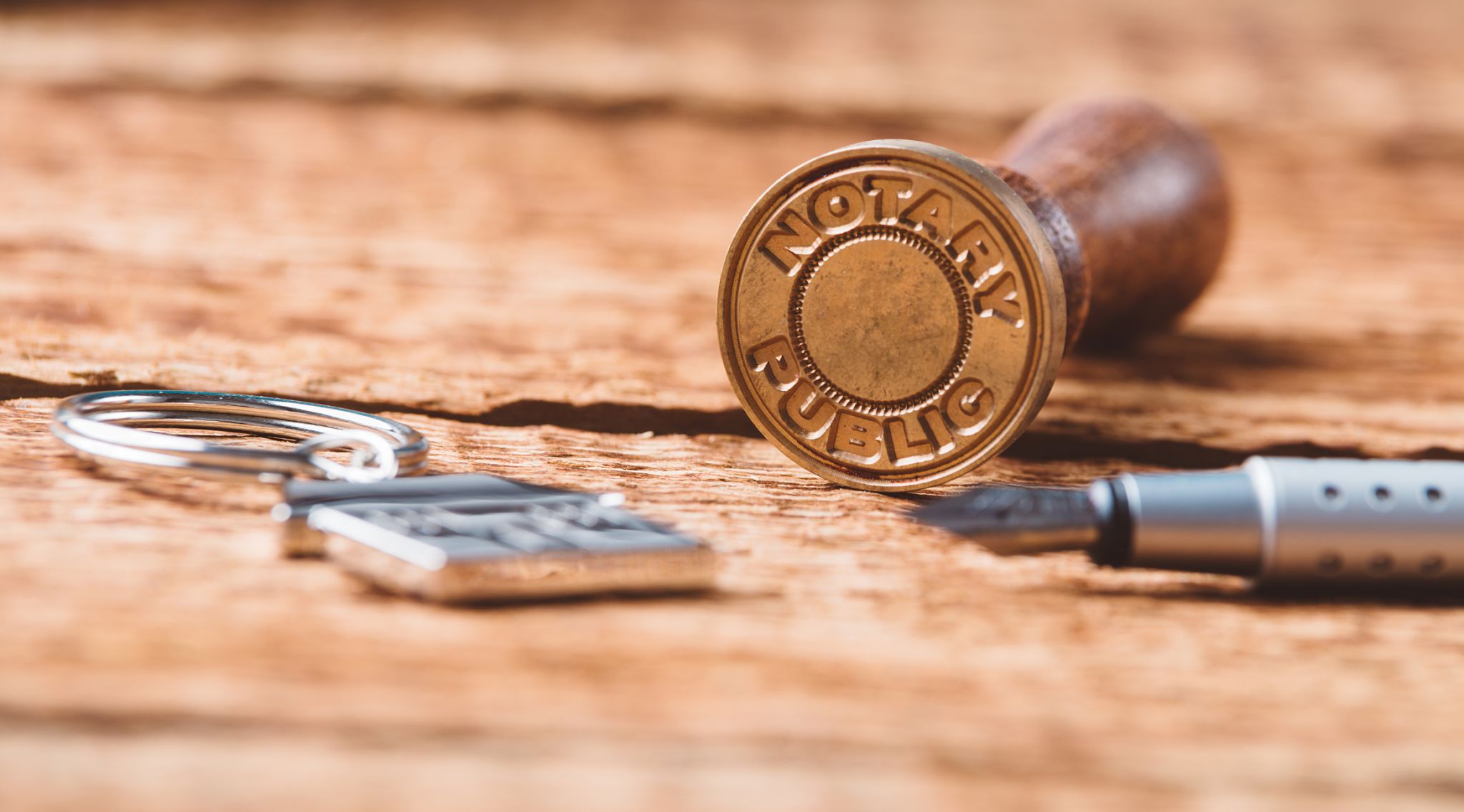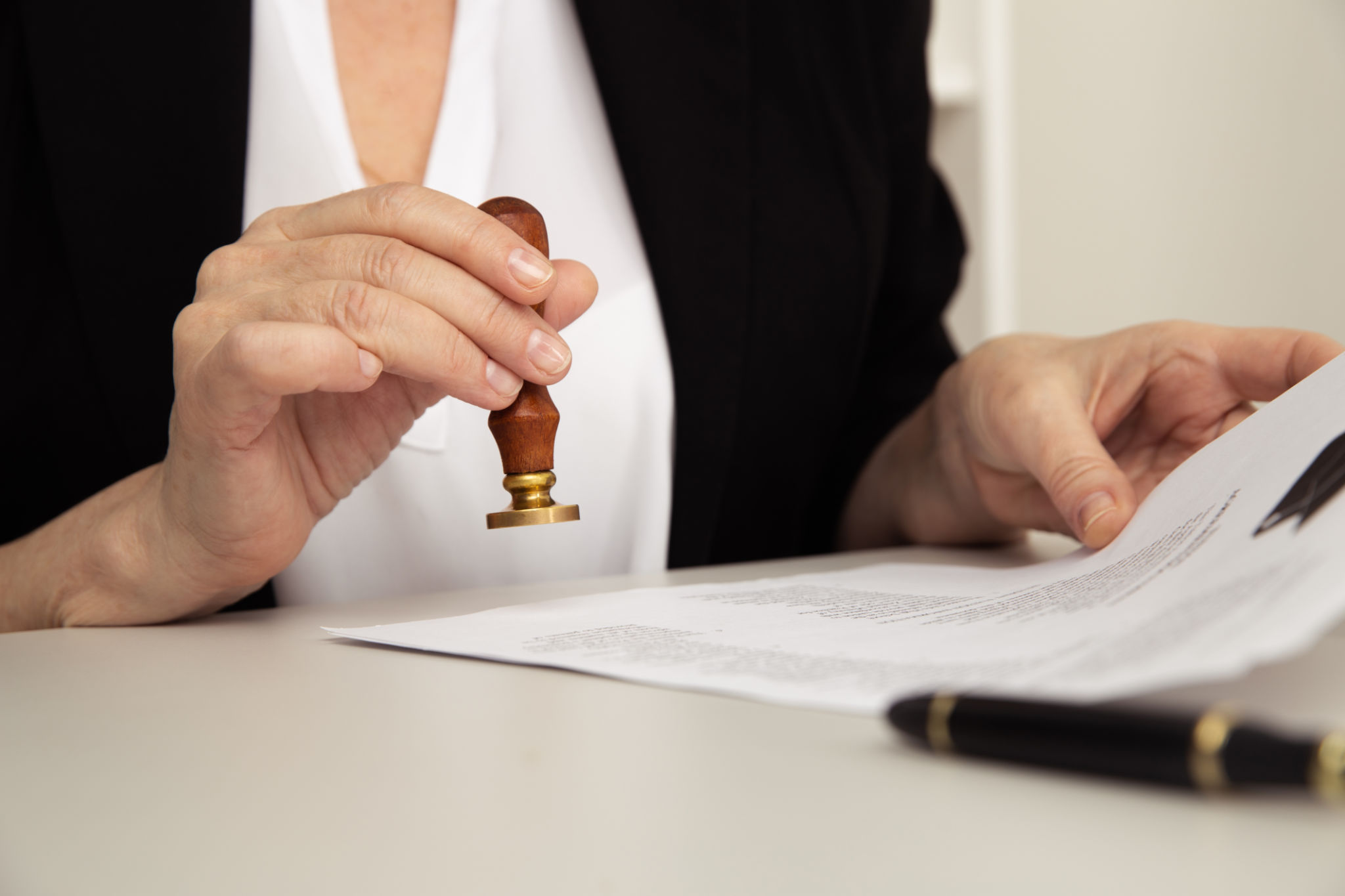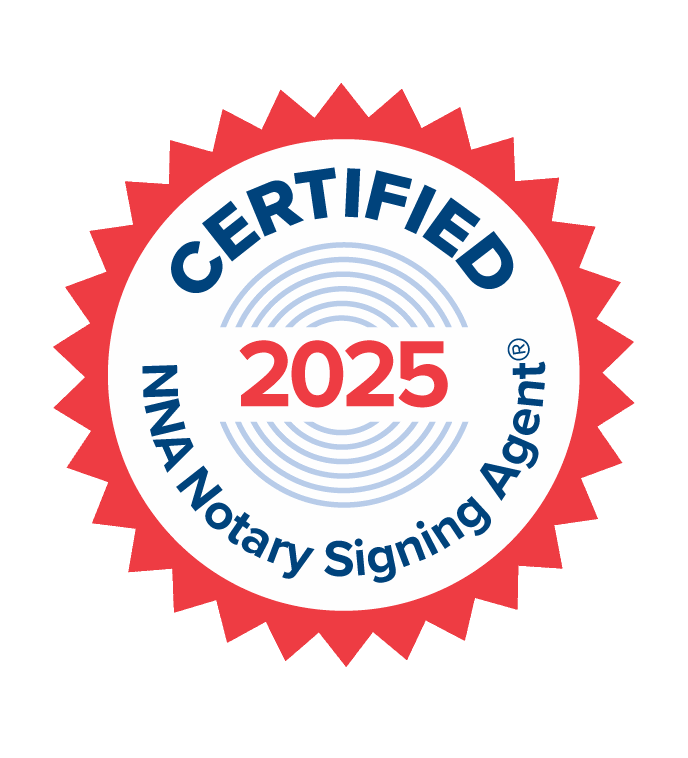How to Notarize a Power of Attorney in Dallas: Step-by-Step Guide
Notarizing a Power of Attorney (POA) in Dallas is an essential step to ensure the document is legally binding and recognized. Whether you're appointing someone to manage your financial affairs or make healthcare decisions on your behalf, notarization adds an extra layer of security and authenticity. Here’s a step-by-step guide to help you through the process.
Understanding the Power of Attorney
Before diving into the notarization process, it’s crucial to understand what a Power of Attorney is. A POA is a legal document that grants another person, known as the agent or attorney-in-fact, the authority to make decisions on your behalf. This can cover various aspects such as financial management, healthcare, and other personal affairs.

Types of Power of Attorney
In Dallas, as in most places, there are several types of POA, including:
- General Power of Attorney: Grants broad powers to the agent.
- Special Power of Attorney: Limited to specific tasks or situations.
- Durable Power of Attorney: Remains in effect even if you become incapacitated.
- Medical Power of Attorney: Allows the agent to make healthcare decisions on your behalf.
Preparing for Notarization
Once you have your POA document ready, the next step is to prepare for notarization. Here’s what you need to do:
- Gather Required Documents: Ensure you have a valid government-issued ID and the original POA document.
- Select a Notary Public: In Dallas, notaries can be found at banks, law offices, and through mobile notary services.
Choosing the Right Notary
Selecting a reliable notary is crucial. Verify their credentials and ensure they are licensed in Texas. You might also want to consider their availability and proximity to your location for convenience.

The Notarization Process
With everything in place, you’re ready to proceed with the notarization. Follow these steps:
- Schedule an Appointment: Contact your chosen notary and set up a meeting time.
- Present Your Documents: During the appointment, present your ID and POA document to the notary.
- Sign in Presence: You must sign the document in the presence of the notary for it to be valid.
- Notary Verification: The notary will verify your identity and witness your signature, ensuring everything is in order.
Completing the Process
Once signed and verified, the notary will add their official seal to your document, making it officially notarized. This seal confirms that the notary has witnessed the signature and verified the identity of the signer.

Post-Notarization Steps
After notarization, it’s important to keep the POA document in a safe place. Consider informing relevant parties about the POA, such as financial institutions or healthcare providers, so they are aware of the agent’s authority.
If you ever need to revoke or amend the POA, consult with an attorney to ensure all changes are legally recognized. Regularly reviewing your POA ensures it remains accurate and effective for your needs.
By following these steps, you can efficiently navigate the process of notarizing a Power of Attorney in Dallas, ensuring your affairs are managed according to your wishes.

